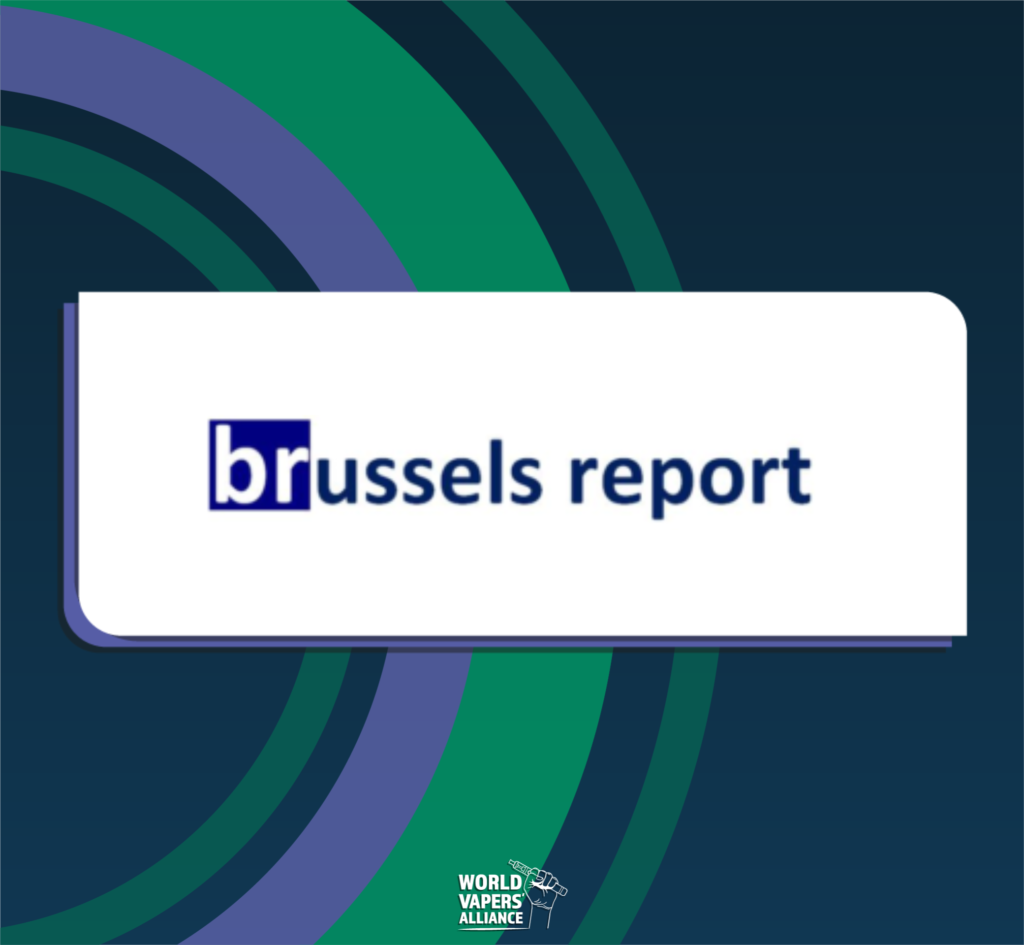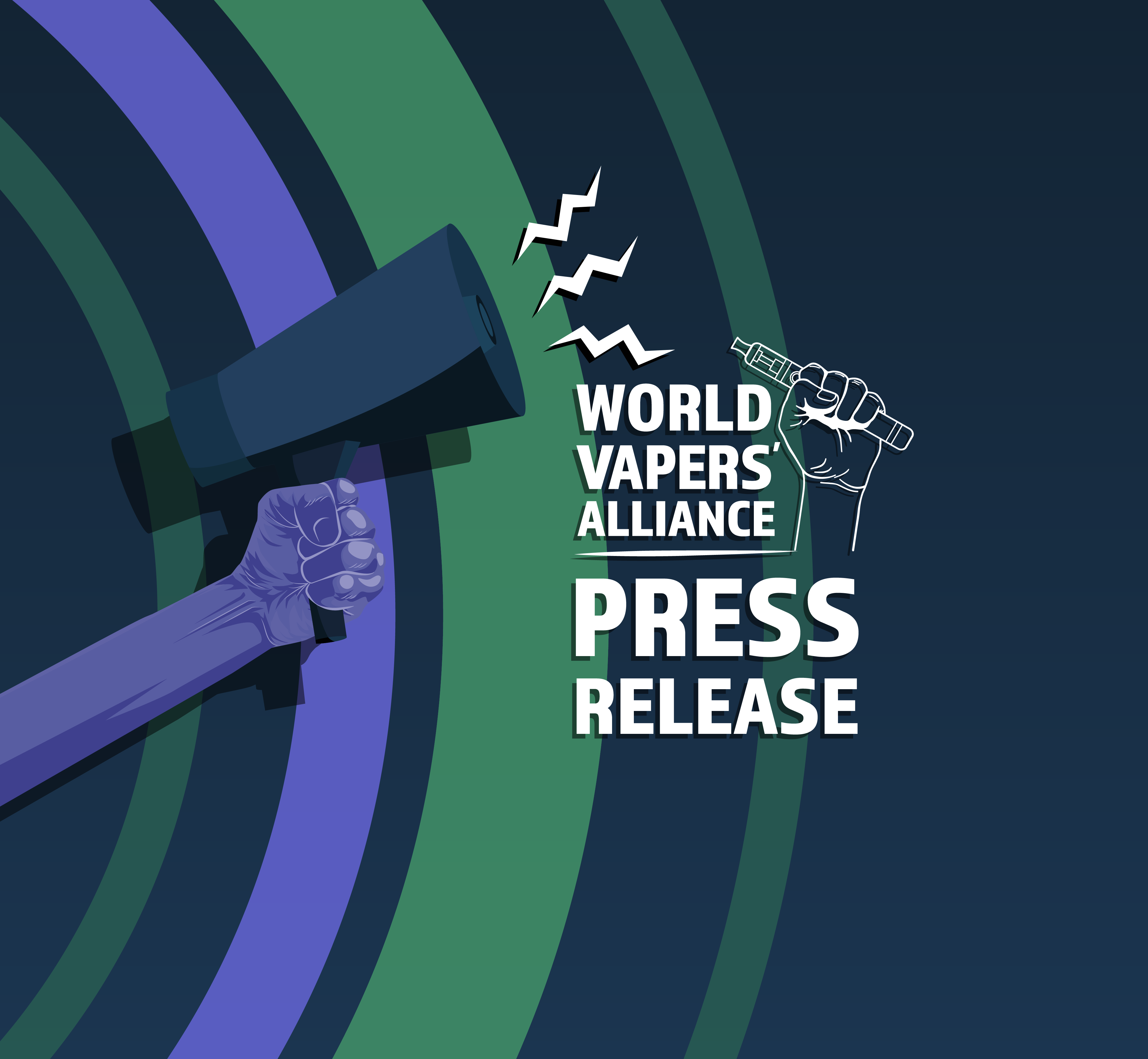The World Health Organization (WHO) reports a staggering eight million deaths due to smoking annually. Following the WHO’s lead, the EU has set as one its priorities to fighting smoking and smoking-induced diseases. Yet, despite its stance against cigarettes, the EU’s actions raise serious concerns. A detached approach to harm reduction and an inability to acknowledge glaring failures mark the institution’s current stance on smoking.
In the past few years, the EU has been trying to fight tobacco through the EU Beating Cancer Plan, then by attempts to revise the TPD, and by regulating tobacco tax through the Tax Excise Directive which eventually hasn’t seen the light of day. Yet, every time the EU seems to still be struggling to understand the real enemy.
As the EU is adopting its position for the WHO’s FCTC 10th Conference of Parties (COP10) meeting in Panama this November, the harm reduction is put at even greater risk. Following WHO’s fight against tobacco, the EU is welcoming even stronger regulation of e-cigarettes and supporting products such as flavours and disposable products. This poses a question, if the EU is determined to fight against smoking, why kill harm reduction instead?
The FCTC serves as the cornerstone of global tobacco control. Adopted in 2003 and put into force by 2005, this treaty aims to offer a collective response to the smoking epidemic, aspiring to cut both the demand and supply of tobacco and nicotine products. With the above in mind, what does COP10 offer? A worrying glance at recent TobReg reports reveals recommendations poised to severely impair global smoking cessation efforts further. From equating safer nicotine products with traditional cigarettes to banning vaping flavours and increasing taxes on smoking alternatives, the proposed measures seem counterintuitive at best.
Adopting such measures will unquestionably stall, if not reverse, the strides made by nations that have been progressive in their approach to nicotine alternatives. For instance, flavours in vaping products enhance the probability of quitting smoking by a remarkable 230%. Restricting or banning these will undoubtedly push individuals back towards conventional smoking or the risk-ridden black market. In case of the EU’s efforts to curb smoking, the EU could look no further than its own Sweden which is not only on the path to becoming the first smoke-free country in the world thanks to its undeniable support of vaping, snus, and most recently — nicotine-pouches. Sweden also keeps championing its battle against smoking by raising cigarette tax while cutting tax on snus by 20%.
In fact, Sweden’s success can be explained in two words — harm reduction. Sweden adopted a forward-thinking approach to cutting smoking by incorporating harm reduction strategies, such supporting nicotine-delivery products, such as vaping or nicotine pouches, and applying risk-based taxation on products like snus.
Regrettably, the EU, and WHO for the matter, appear to dismiss this accomplishment, perhaps due to the unconvetional methods Sweden employed. Rather than restrictive measures as championed by the WHO, Sweden embraced consumer-friendly risk-based regulations over prohibitions. In a perplexing contrast, the WHO lauds Turkmenistan — despite its notorious reputation as one of the globe’s most oppressive dictatorships — to hold “a leading position in tobacco control and prevention”. This paradox is not just startling; it borders on the inhumane and condescending. One would expect a vocal outcry against such contradictory stances from other WHO member states and the media. But the response? An unsettling silence. It’s distressing that the international community seems unperturbed by the WHO’s evident missteps, especially when the organisation turns a blind eye to the triumphs of forward-thinking nations like Sweden.
It’s high time the EU took a page out of its own success story in Sweden. Sweden showed us that in order to combat smoking, we do not have to over regulate, just regulate smarter. When news of the Swedish spectacular success broke out, the EU could have assumed its leadership and worked with the Member States to build smart risk-based approaches for each country. Instead? The Commission will be joining the Conference of Parties with neither innovation, nor leadership, nor success, for the matter.
Persisting in a war against safer nicotine alternatives is not just detrimental — it’s fatal. Harm reduction isn’t a mere catchphrase; it’s a life-saving strategy that deserves global endorsement. The stakes have never been higher, the lives of millions hang in the balance.
Originally published here





